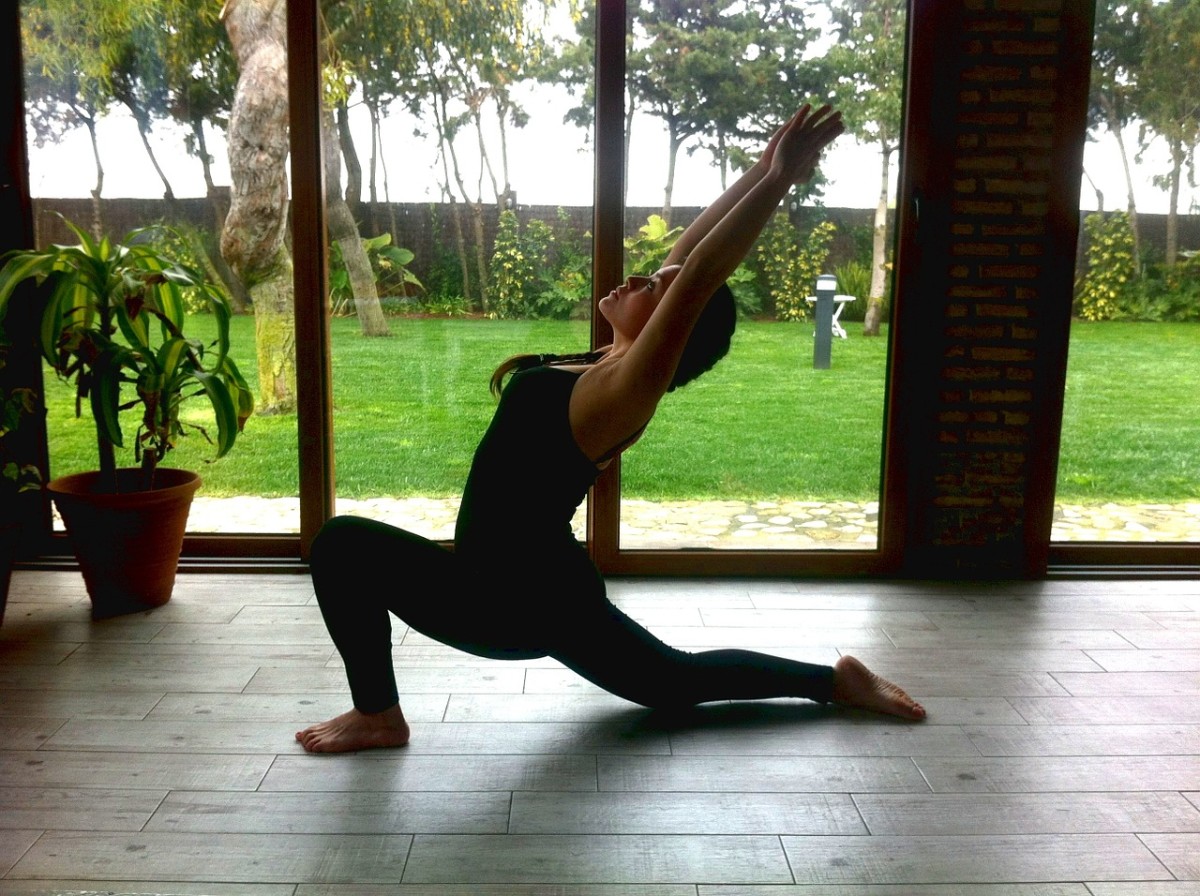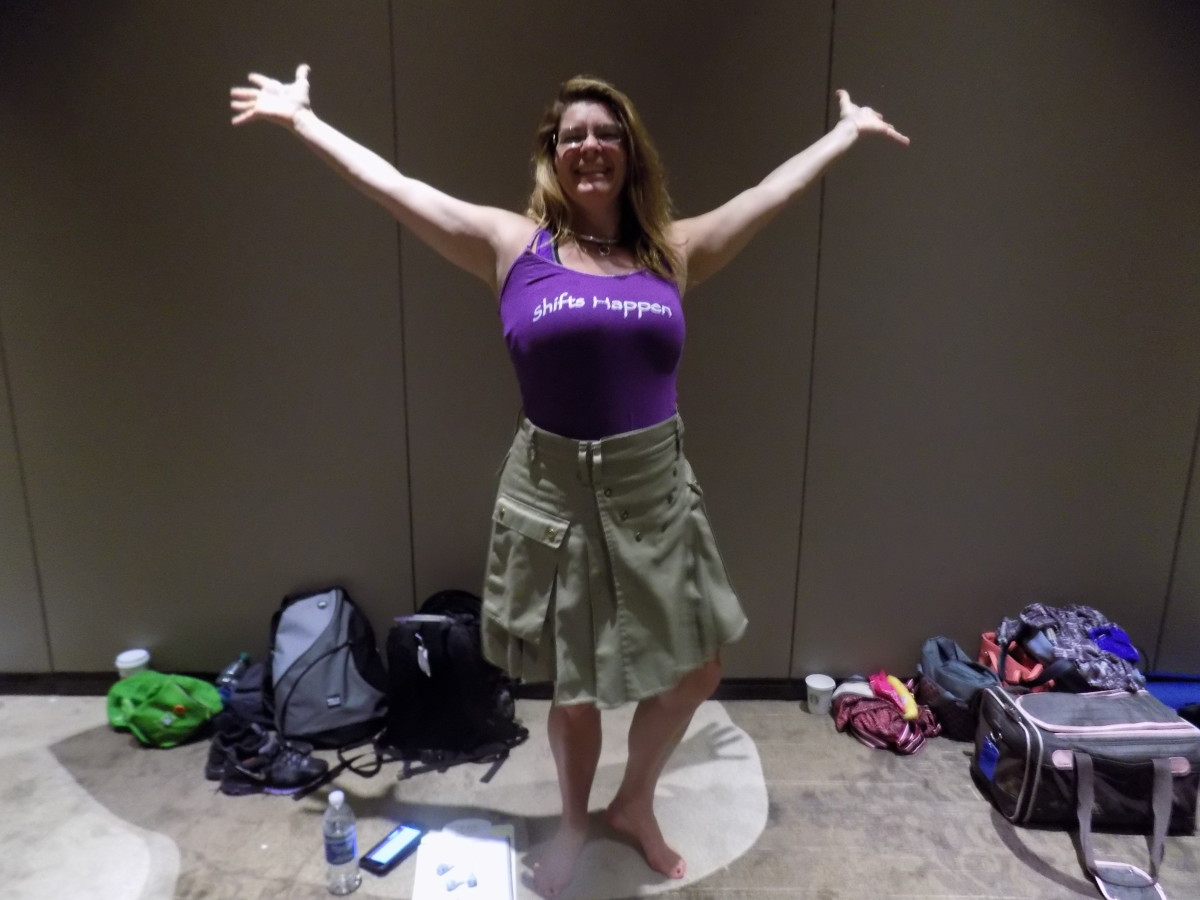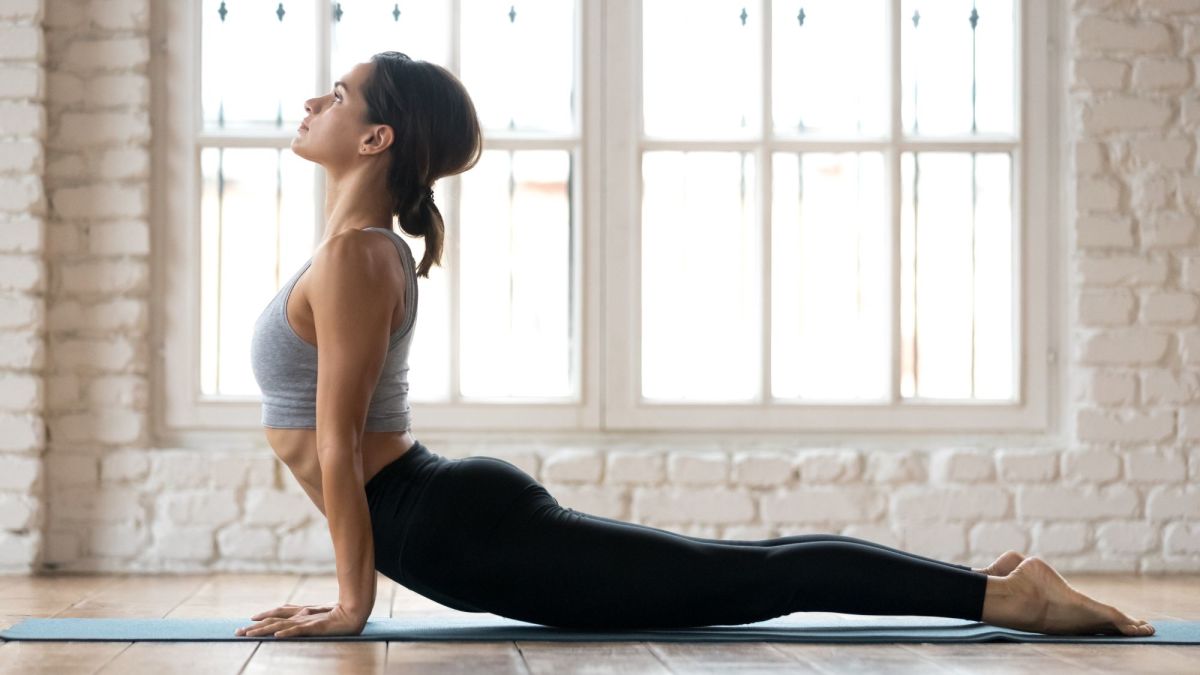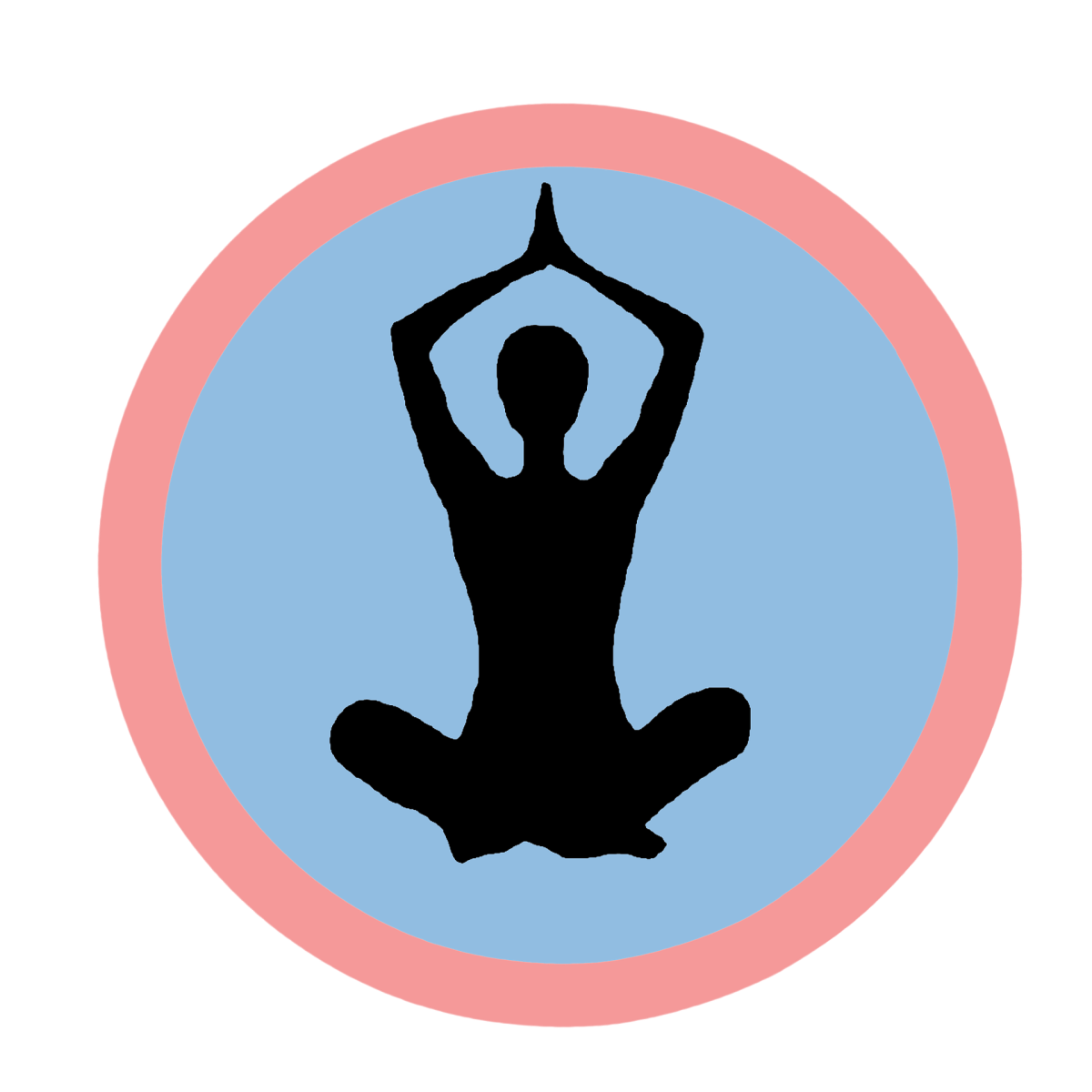Medical and Mental Benefits of Practicing Yoga
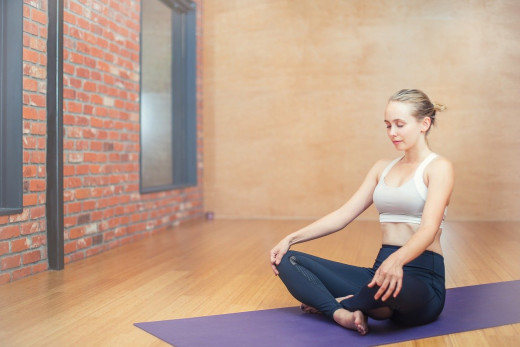
I’ve heard reasons why doing yoga is something everyone should do, and some even say there are as many as 13, 38, and even 77 benefits of yoga!
Yoga can not only improve your physical health by fostering an increase in strength and flexibility but can also improve your overall quality of life.
The American Osteopathic Association (AMA) lists some common positive effects that come from practicing yoga:
-
increased flexibility
-
increased muscle strength and tone
-
improved respiration, energy and vitality
-
maintaining a balanced metabolism
-
weight reduction
-
cardio and circulatory health
-
improved athletic performance
-
protection from injury
Basically, yoga has tons of benefits. So why should you take up yoga?
Reduced Stress and Anxiety
According to Healthline, yoga has been proven to reduce stress. They say that “multiple studies have shown that it can decrease the secretion of cortisol, the primary stress hormone.” In addition, you can reduce your anxiety levels by participating in regular yoga. Healthline references several studies that show how yoga has decreased symptoms of anxiety.
Honestly just that may be enough to convince me, but if you need a little more keep reading to find out how yoga betters your medical health as well as your mental and emotional health.

Anti-inflammatory
Yoga may qualify to be called an anti-inflammatory, and it’s probably the first thing other than medicine or food to ever do so. Healthline claims that, “although more research is needed to confirm the beneficial effects of yoga on inflammation, … findings indicate that it may help protect against certain diseases caused by chronic inflammation.”
Medical News Today provides that inflammation is a natural immune response and defends and heals the body but sometimes makes mistakes. “Inflammation may contribute to a wide range of chronic diseases. Examples of these are metabolic syndrome, which includes type 2 diabetes, heart disease, and obesity,” they claim. Acute inflammation can come with pain and swelling, whereas chronic inflammation can worsen various diseases like diabetes, allergies, joint diseases (arthritis), cardiovascular disease, and more.
Neither of those sound pleasant in the least so anything that can be done to avoid them, I’ll do.
Better Heart Health
Stress is a major contributor to heart diseases and yoga reduces that. According to Healthline, yoga can also lower another factor: your blood pressure.
Yoga’s effect of increasing blood flow also improves your heart health. “The relaxation exercises you learn in yoga can help your circulation, especially in your hands and feet. Yoga also gets more oxygen to your cells, which function better as a result,” Timothy McCall, M.D., provides. “Inverted poses, such as Headstand, Handstand, and Shoulderstand, encourage venous blood from the legs and pelvis to flow back to the heart, where it can be pumped to the lungs to be freshly oxygenated. This can help if you have swelling in your legs from heart or kidney problems.”
There you have it-- start doing yoga if you want to decrease heart attack, strokes, and other bodily ailments.

Fights Depression
According to McCall, “one study found that a consistent yoga practice improved depression and led to a significant increase in serotonin levels and a decrease in the levels of monoamine oxidase (an enzyme that breaks down neurotransmitters) and cortisol.” As a result, yoga can decrease symptoms of depression.
Jake Panasevich says that some poses are better than others when it comes to combating depression, they are:
-
Backbends
-
Passive backbends and hand balances
-
Inversions (like handstands)
-
Down Dog
-
Breathing exercises
So do some poses to brighten your day and lift your mood.
Better Sleep
“Poor sleep quality has been associated with obesity, high blood pressure and depression, among other disorders,” says Healthline.
Well, participating in yoga has been shown to treat all these health issues. “Though the way it works is not clear, yoga has been shown to increase the secretion of melatonin, a hormone that regulates sleep and wakefulness,” Healthline provides. “Yoga also has a significant effect on anxiety, depression, chronic pain and stress — all common contributors to sleep problems.”
If you want to catch some extra zzz’s, then looking into where your nearest yoga class is could be the solution you’re looking for.

More Strength and Flexibility
Improved flexibility is probably one of the more well-known things yoga is known for.
“During your first class, you probably won't be able to touch your toes, never mind do a backbend. But if you stick with it, you'll notice a gradual loosening, and eventually, seemingly impossible poses will become possible,” McCall says. “You'll also probably notice that aches and pains start to disappear.
These pains disappear as you correct your posture and when your bones are in proper alignment which yoga encourages.
Yoga is a lot of holding your body in poses for periods of time, this can increase your overall strength.
“In one study, 79 adults performed 24 cycles of sun salutations — a series of foundational poses often used as a warm-up — six days a week for 24 weeks,” according to Healthline. “They experienced a significant increase in upper body strength, endurance and weight loss. Women had a decrease in body fat percentage, as well.”
If you are wanting to get stronger and balanced with flexibility, yoga is a great way to do so.
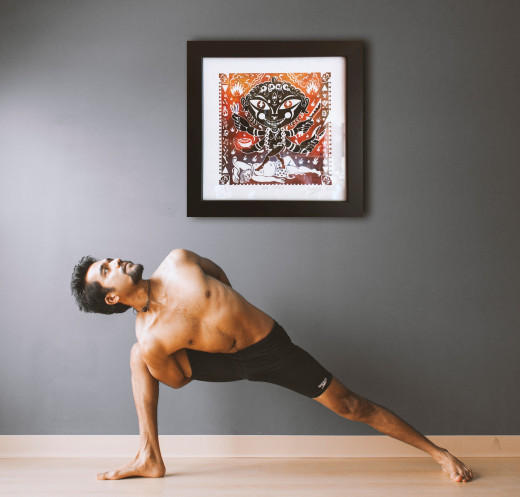
Sources
- https://osteopathic.org/what-is-osteopathic-medicine/benefits-of-yoga/
- https://www.healthline.com/nutrition/13-benefits-of-yoga#section1
- https://www.healthline.com/nutrition/13-benefits-of-yoga#section3
- https://www.medicalnewstoday.com/articles/248423
- https://www.healthline.com/nutrition/13-benefits-of-yoga#section5
- https://www.yogajournal.com/lifestyle/count-yoga-38-ways-yoga-keeps-fit
- https://health.usnews.com/conditions/depression/can-yoga-treat-depression
- https://www.healthline.com/nutrition/13-benefits-of-yoga#section8
- https://www.healthline.com/nutrition/13-benefits-of-yoga#section14
This content is accurate and true to the best of the author’s knowledge and is not meant to substitute for formal and individualized advice from a qualified professional.
© 2020 Erin Day

